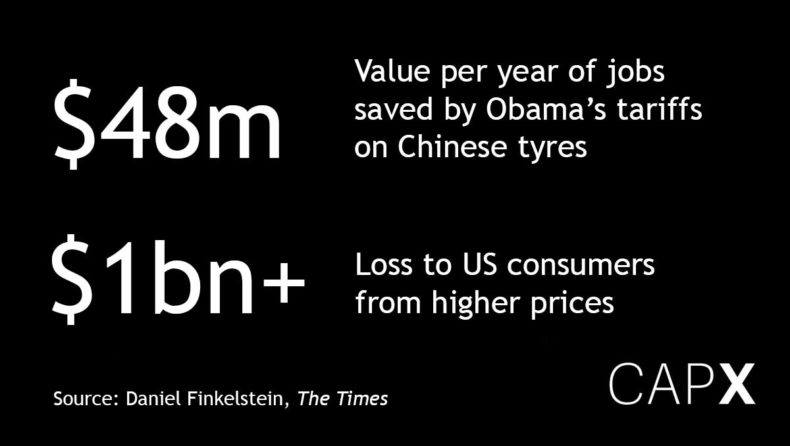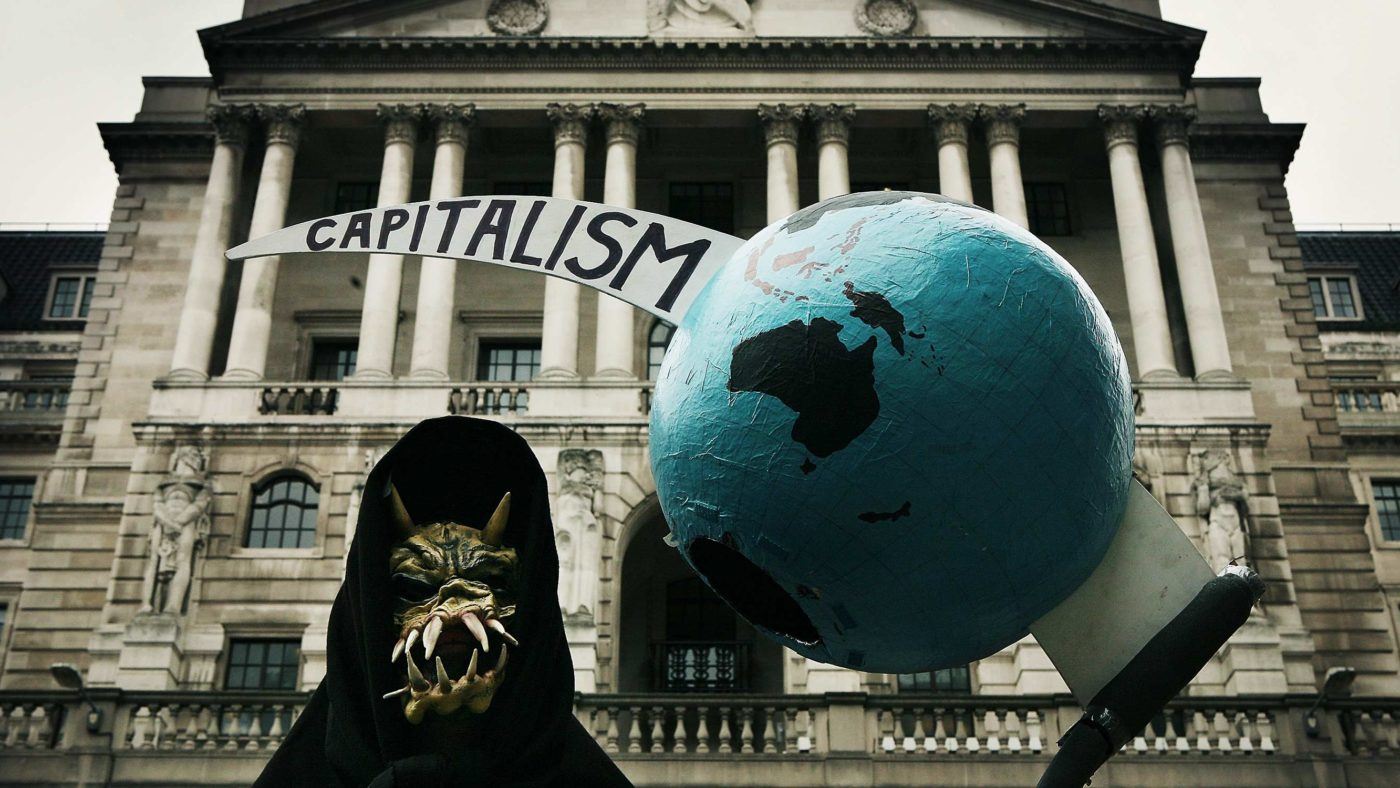Only 32 per cent of Americans under 30 have a positive view of capitalism, compared to 43 per cent who approve of socialism. Barely 30 per cent of Americans born in the 1980s – and about the same proportion of Britons – think it is “essential” to live in a democracy.
The British public, meanwhile, overwhelmingly support renationalising the railways, jacking up taxes on the rich, and the imposition of rent controls. They largely believe that capitalism creates an unfair society, that managers of big businesses and even entrepreneurs are not to be trusted, and that between half and a third of the price of everything they buy is creamed off in pure profit.
In short, if you ask the average citizen the question “What has capitalism ever done for us?”, the answer will come back: “Not much.”
At CapX, we often write about the market. But our writing – like everyone else’s – tends to be laced with assumptions. Surely everyone knows that higher taxes don’t always produce higher revenues; that growth is the best way to fight poverty; that free markets are intrinsically linked to prosperity; that David Ricardo is a better guide to trade policy than Donald Trump.
But apparently, they don’t. Even as voters enjoy the fruits of capitalist endeavour and ingenuity, of free trade and free exchange, they take their operation for granted. And because they do not realise how much the market has improved their lives, they are far less willing to kick up a fuss when its fundamental principles are threatened.
Which is why we at CapX have decided to go back to basics. From now until the end of March, we will be soliciting entries for a competition we’re calling “Explaining Capitalism”. The idea is for each piece – or graphic, or video – to explain a particular aspect of the free market from first principles, using real-world examples.
It could be an essay like Leonard Read’s celebrated “I, Pencil” – which explained how thousands of people in dozens of industries had unknowingly come together, guided by the invisible hand, to produce a humble HB.

Or it could draw on more recent events, as with a fantastic article (£) by Daniel Finkelstein in The Times on free trade. He explained how, in 2009, Barack Obama bowed to the unions and imposed a tax on Chinese tyres. The result was that 1,200 American jobs were saved, each of them paying about $40,000 a year.
But the rise in tyre prices meant that across the wider economy, more than 3,700 jobs were lost, as spending fell elsewhere. And those increased prices meant that, to save those jobs worth $48 million a year, more than $1 billion was taken out of consumers’ pockets – much of it flowing to the Indonesian manufacturers who replaced the Chinese.
So if you’ve got a bee in your bonnet about the Laffer curve, or how people respond to incentives, or the role of the market in reducing poverty, please do enter – and, of course, encourage others to do so.
We’ll be publishing the best entries throughout the competition – and paying a fee for those we use. At the end of the process, our favourite submission will win a £1,000 prize, with bottles of champagne for the runners-up. There is no set length or format, though we ask that articles be at least 600 words and not more than 2,000.
To enter, or to find out more, just email [email protected]. We look forward to hearing from you.
This article also appeared in our Weekly Briefing email, which you can sign up to here


